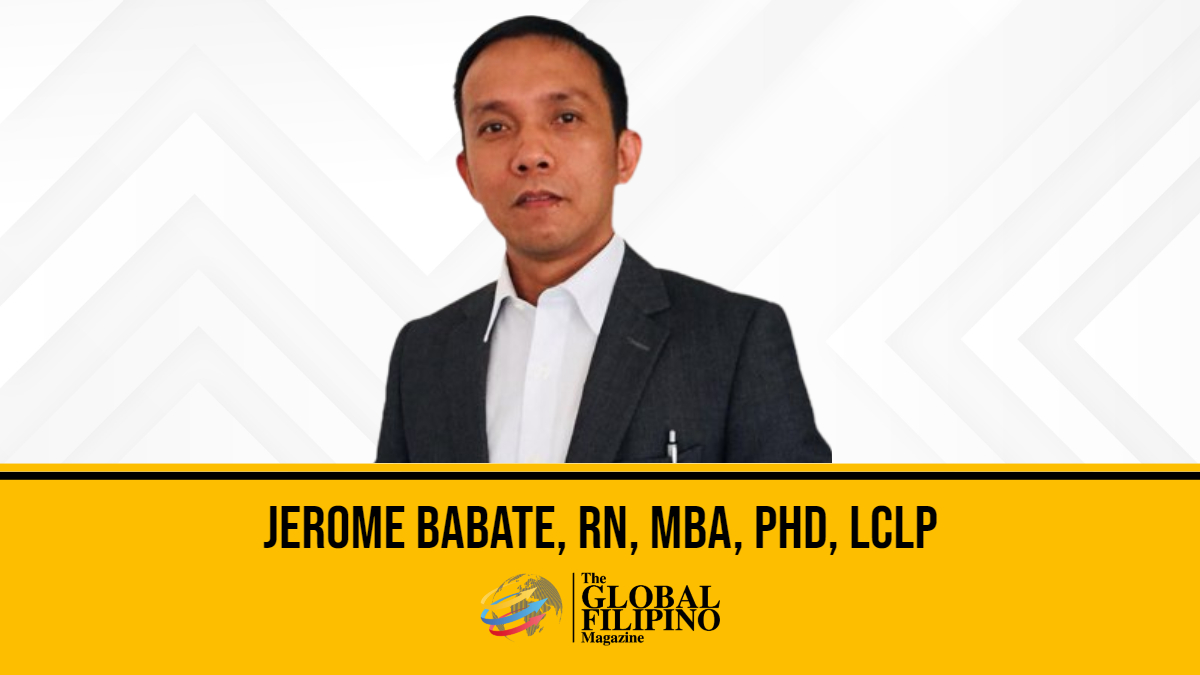The latest Gallup Global Leadership Report: What Followers Want offers a powerful insight into the timeless qualities that define genuinely effective leadership. Surveying opinions across 52 countries, the report clarifies that people, regardless of cultural or demographic differences, yearn for leaders to embody hope, trust, compassion, and stability. These core values transcend any specific policy or strategy; they form the foundation of human connection and emotional intelligence that inspire confidence and motivate communities during times of uncertainty.
In a world marked by rapid change and persistent challenges, the significance of these leadership qualities cannot be overstated. Hope, for instance, fuels a visionary outlook—it inspires leaders to chart bold paths forward, even when the future seems murky. Trust is the currency of effective leadership, forging strong relationships between leaders and their followers. When people trust their leaders, they are more likely to support initiatives, engage in constructive dialogue, and work collaboratively toward common goals. Compassion, meanwhile, nurtures a sense of belonging and solidarity, ensuring that individuals feel valued and understood. Finally, stability provides the foundation for growth, creating an environment where innovation and progress can flourish. Together, these elements form a holistic approach to leadership that goes beyond mere administrative competence.
This message particularly resonates with Filipinos in the diaspora, who continue to watch developments in our home country with hope and concern. Many in our community have witnessed firsthand the transformational impact of good leadership on healthcare, education, and economic development. They yearn for effective decision-making leadership and are profoundly empathetic and responsive to the needs of their people. In the Philippines, where systemic challenges persist, and the political climate often seems volatile, the call for leaders who inspire hope, build trust, and exhibit genuine compassion is more urgent than ever. When leaders act with stability and integrity, they create a ripple effect that elevates the immediate environment and the broader national consciousness.
The Gallup report’s findings serve as a potent reminder that the qualities that followers desire in their leaders are not new. Yet, they are too often neglected in contemporary leadership practices. Many leaders today prioritize short-term gains and rigid policies over the kind of authentic human connection that fosters long-term well-being and prosperity. The report compels us to reflect on our leadership styles—whether in business, government, or community organizations—and challenges us to place a premium on emotional intelligence and relational trust.
For Filipino leaders, both at home and in the diaspora, this report underscores the need to elevate our leadership practices. It calls for an investment in leadership development programs that focus on strategic decision-making and cultivating empathy, integrity, and resilience. The Philippines must nurture a new generation of leaders who are adept at navigating the complexities of modern governance and are also deeply committed to the welfare of their constituents. In doing so, they can drive systemic reforms that improve the quality of life for millions of Filipinos and contribute to a more engaged and empowered global community.
As we look to the future, the message is clear: effective leadership is about more than managing resources or drafting policies—it is about touching lives, building trust, and fostering hope. By embracing these timeless values, Filipino leaders can transform challenges into opportunities and create a legacy of progress and unity. The Gallup report is a call to action for all of us, a reminder that when leaders care genuinely for the people they serve, the future becomes brighter, more equitable, and sustainable.
References
Gallup. (2023). Global Leadership Report: What Followers Want. Retrieved from https://www.gallup.com
International Council of Nurses. (2023). International Nurses Day 2025: Our Nurses. Our Future. Caring for nurses strengthens economies. Retrieved from https://www.icn.ch/
World Health Organization. (2022). Global strategy on human resources for health: Workforce 2030. Retrieved from https://www.who.int/activities/global-strategy-on-human-resources-for-health-workforce-2030
National Academies of Sciences, Engineering, and Medicine; National Academy of Medicine; Committee on the Future of Nursing 2020–2030; Flaubert JL, Le Menestrel S, Williams DR, et al., editors. The Future of Nursing 2020-2030: Charting a Path to Achieve Health Equity. Washington (DC): National Academies Press (US); 2021 May 11. 10, Supporting the Health and Professional Well-Being of Nurses. Available from: https://www.ncbi.nlm.nih.gov/books/NBK573902
A seasoned nurse leader, Jerome Babate, RN, MBA, PhD, LCLP delves into socio-economic and political landscapes, offering insightful analyses and practical recommendations through the lens of healthcare and community advocacy.






